The Witcher producer blames fans for poor season 3 — but it's a flawed argument
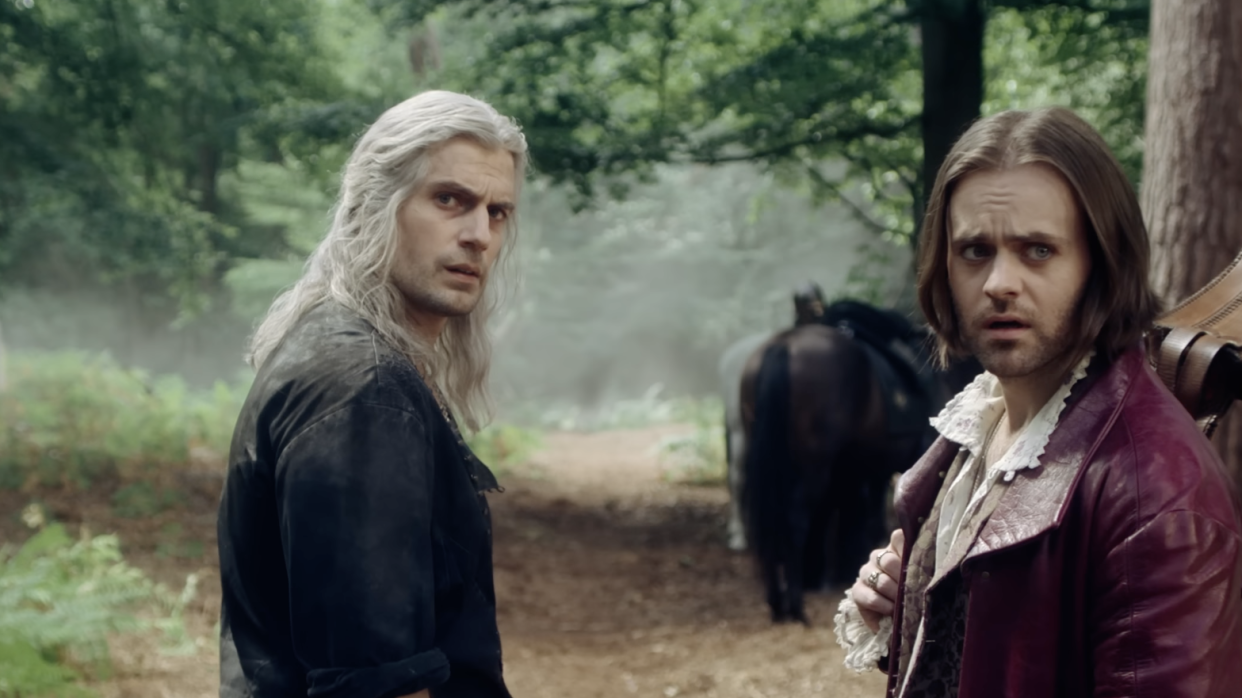
- Oops!Something went wrong.Please try again later.
Did you toss a coin to your Witcher and watch season 3 volume 2 last week? Because if you did, and didn’t love it? According to one of the show’s producers, that’s your fault.
In an interview with Polish outlet Wyborcza (translated by fan site Redanian Intelligence and spotted by our friends at PC Gamer) executive producer Tomek Baginski laid the blame for the poor response to the latest batch of Witcher episodes at the feet America audiences.
Then, in a separate interview with the Polish YouTube channel Imponderabilia, he lays the blame for season 3’s shortcomings on people who watch TikTok and — in a shocking twist — YouTube. Laying aside the fact that taking shots at your audience (or your interviewer) isn’t the best marketing strategy after reading through these interviews the whole thing comes off as a whiny, flawed argument.
American audiences are apparently simple creatures
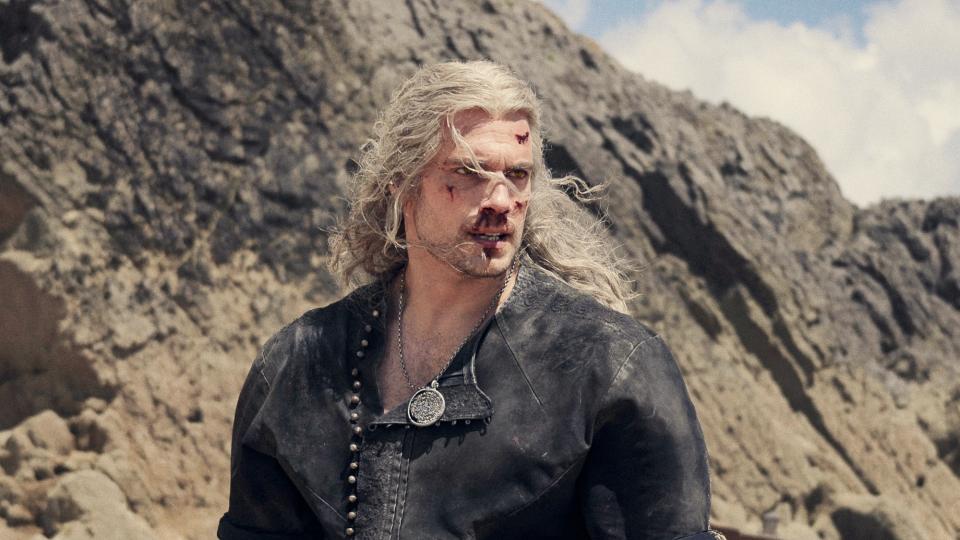
In the Wyborcza interview, Baginski dives into complaints that parts of the story are simplified because they borrow from Polish history. And it starts with a valid point. Baginski states, correctly, that “We, Poles, see various political events differently because of our history and experiences.”
But then Baginski states that Americans simply aren’t capable of understanding these nuances. They claim that Americans can only understand characters as wholly good and wholly bad, rather than being shades of grey. The reason for this is seemingly American exceptionalism and our viewpoint of America always being the good guy.
Game of Thrones, of course, did incredibly well with a wide range of audiences until its last season where it ditched those complexities for a rushed storyline.
Look, far be it from me to argue that American exceptionalism doesn’t exist. There’s absolutely some validity to this viewpoint. But the idea that we cannot grasp complex characters is simply not true, and there’s some plenty of recent examples that show this to be the case. Game of Thrones would be the obvious comparison here, a show adapted from a complex series of fantasy books littered with complex characters that exhibit both good and evil throughout their arcs. Game of Thrones, of course, did incredibly well with a wide range of audiences until its last season where it ditched those complexities for a rushed storyline.
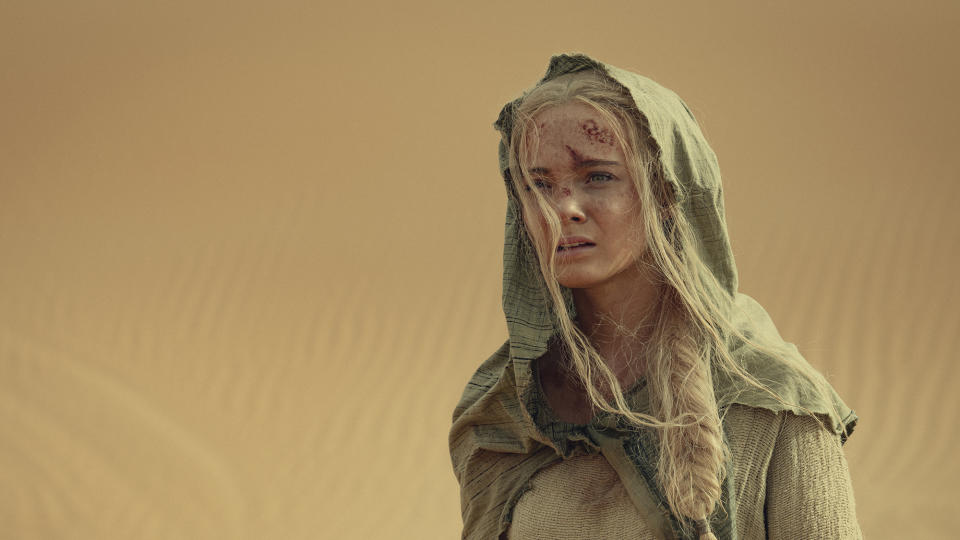
But we don’t even need to dip into the realm of fantasy — or go that far back — to find instances of nuance. Succession has dominated TV for the past several years and is filled with morally complex characters. Ditto for The Last of Us, which while just one season so far, excelled from start to finish and whose main characters are certainly complex.
And on the big screen, you can go watch Oppenheimer right now in theaters and enjoy a portrayal of not only complex characters but complex history as well — and it certainly doesn’t place America in a positive light.
Pachinko may not have been a blockbuster in terms of viewership numbers in America, [but] it’s essentially universally acclaimed despite not touching on American history and being almost entirely in two separate foreign languages.
Finally, on a personal note, I’d argue that one of the best shows I’ve watched in recent years was one with history I largely lacked context to, and I even have a history degree. That would be Pachinko, an incredible tale of three generations of Koreans and their struggles of adapting to being forced into life in Japan.
And while Pachinko may not have been a blockbuster in terms of viewership numbers in America, it’s essentially universally acclaimed despite not touching on American history and being almost entirely in two separate foreign languages.
TikTok generation can’t handle complexity is an ironically simple argument
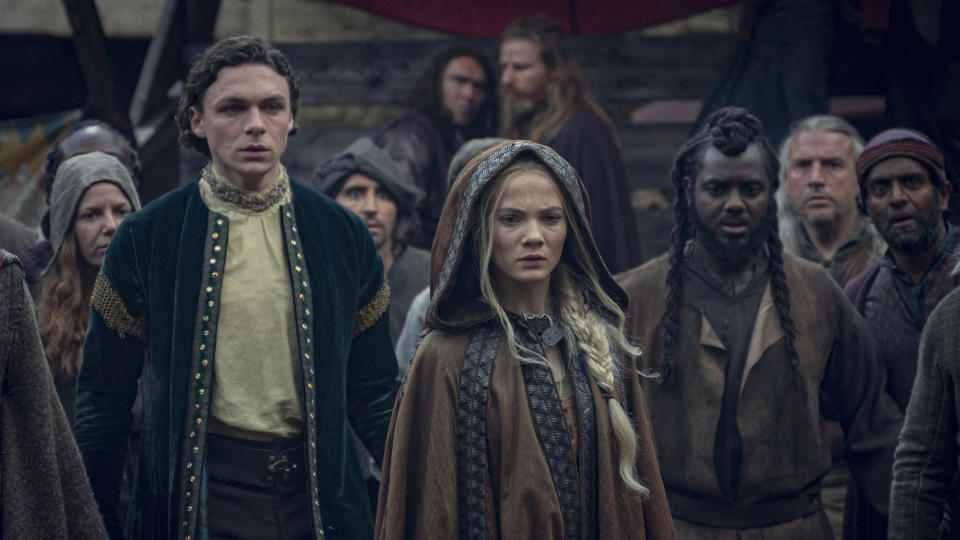
After calling it “painful for us, and for me too” that American audiences can’t handle complex characters or grasp unfamiliar concepts, Baginski decided it was time to take a shot at the TikTok generation.
Again, I’d point to many of the examples above of recent shows with broad appeal and complexity proving that, in fact, younger audiences can handle a complex storyline. And it’s not like Euphoria, a show popular with the Gen Z and Millenial crowd that make up a large portion of TikTok and YouTube’s user base is known for its simplicity.
The interviewer, without missing a beat responds “What you mean is that you don’t know how to make a show kids [would] like to watch.” And after watching that segment of the interview, I’m inclined to agree.
But why should I do that, when Baginski’s own interviewer skewers the producer’s argument so eloquently? In the Imponderabilia interview [translated from Polish], Baginski says that “Those people grow up on TikTok, YouTube, they jump from video to video” at which point the interview interrupts to remind Baginski that the interviewer is “such person.”
This throws Baginski, who after taking a beat says that “Dear children, what you do to yourself makes you less resilient for longer content, for long and complicated chains of cause an[d] effect.” To which the interviewer, without missing a beat responds “What you mean is that you don’t know how to make a show kids [would] like to watch.” And after watching that segment of the interview, I’m inclined to agree.
Conclusion: Turns out, adaptations are hard
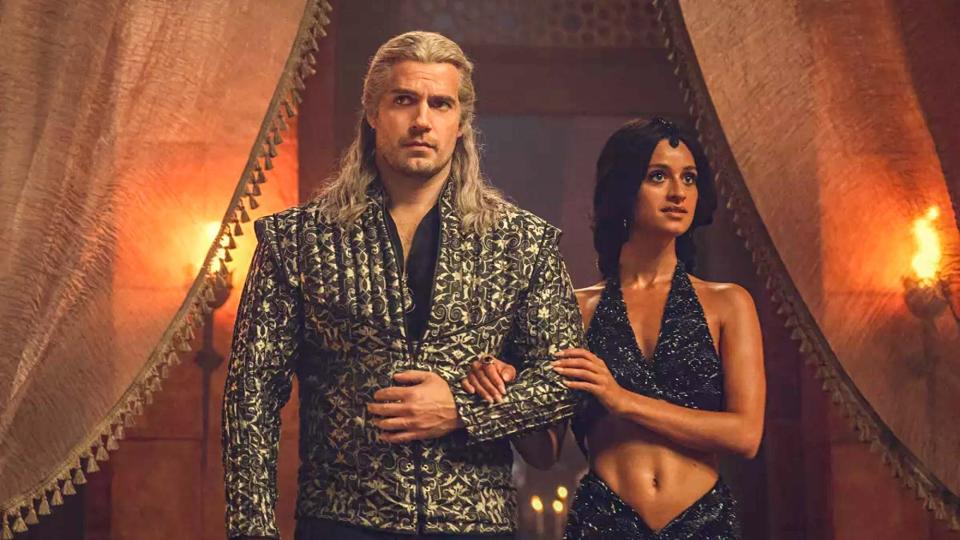
Here’s the thing, the issue that started Baginski to go down the road of becoming a PR manager’s nightmare was that many fans have reportedly claimed that the story this season has been simplified too much. And to that end, I do somewhat feel for The Witcher’s executive producer, as often even great adaptations need to simplify their source material to make things work for TV shows and movies.
But from everything I’ve seen on Rotten Tomatoes and even our own review of The Witcher season 3 volume 2, I think it’s fair to say that Baginski & Co. have bigger problems than simplifying the story — though it's clear there are misconceptions about what their audience actually wants. In our review, our streaming editor Henry T. Casey has his own concerns about the story needing more to it, saying that “Geralt's storyline doesn't feel conclusive” and that he was left wondering where the rest of it had gone too.
Unfortunately for Baginski, while it’s easy to lay the blame at the feet of Americans and youths, this may simply be a case of an adaptation missing the mark. And that happens — just look at Prime Studio’s Rings of Power TV show.
But if Americans and short-form videos are the problem, why did people love The Witcher season 2 and were still more satisfied with The Witcher season 3 volume 1 from earlier this year than this latest batch of episodes? My guess is that the blame lies with Baginski, rather than the audience.

